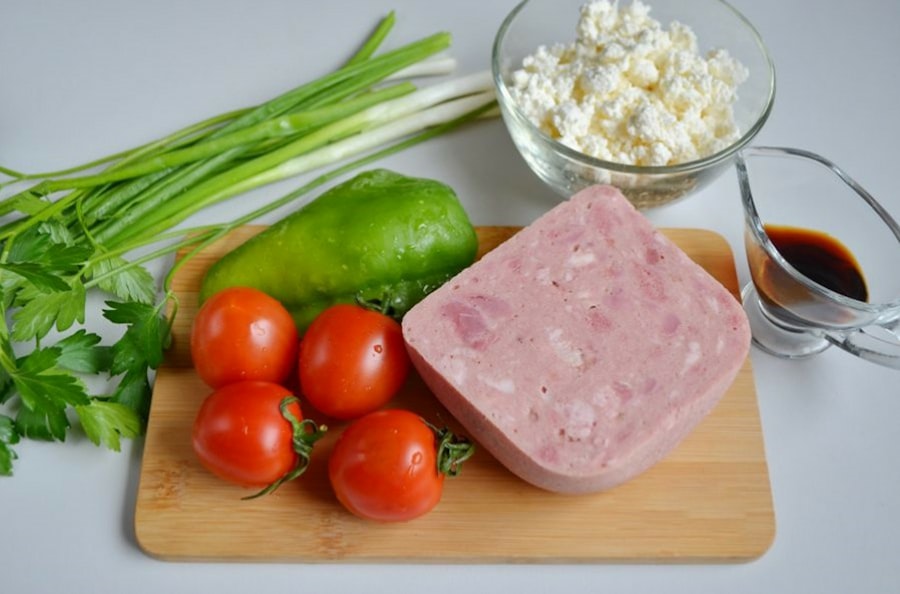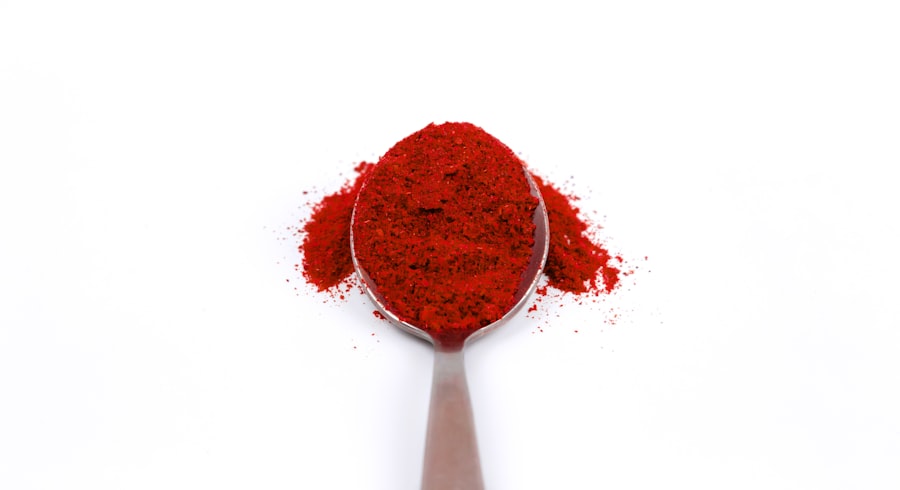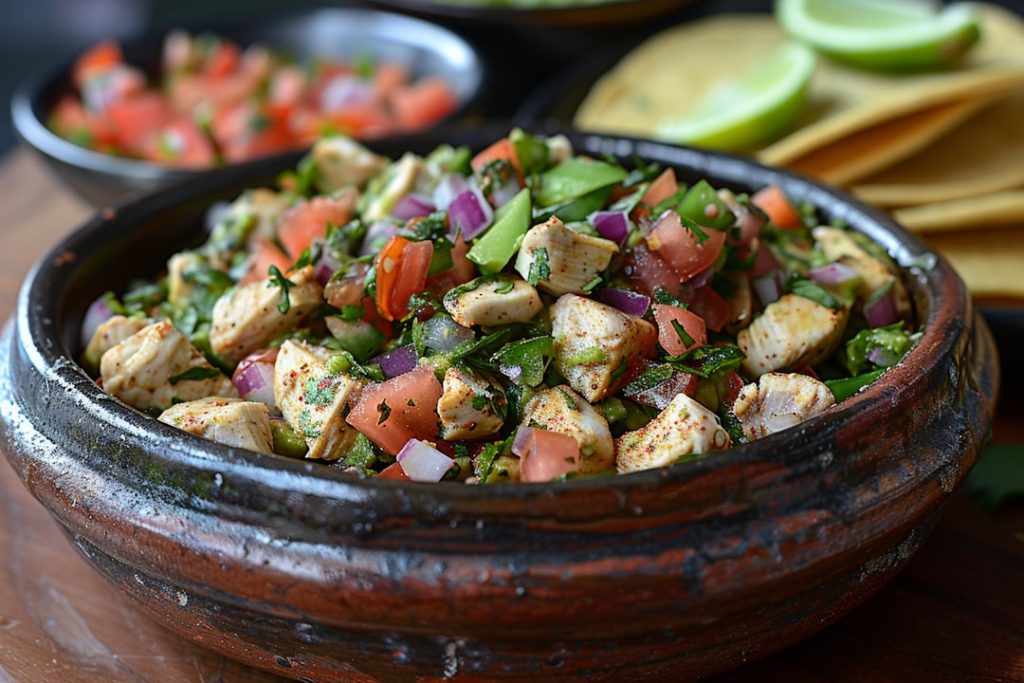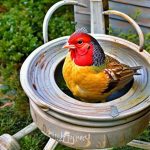Squirrels pose significant challenges for homeowners and gardeners due to their destructive behaviors. These small mammals are highly agile and adaptable, often causing damage to various outdoor elements. Their activities include uprooting garden bulbs, depleting bird feeders, and chewing on wooden structures and electrical wiring.
Such behaviors can result in considerable frustration for individuals who invest time and effort in maintaining their outdoor spaces. Furthermore, squirrels can be vectors for several diseases and parasites, potentially posing health risks to humans and domestic animals. Common squirrel-borne pathogens include Leptospirosis, Salmonella, and various tick-borne illnesses.
They may also carry fleas and mites, which can infest homes and pets. The task of deterring squirrels effectively while maintaining safety for other wildlife and the environment remains a persistent issue for many property owners. Various methods, ranging from physical barriers to chemical repellents, have been employed with varying degrees of success.
Finding a balance between squirrel control and ecological considerations continues to be an ongoing challenge in residential and agricultural settings.
Table of Contents
Key Takeaways
- Squirrels can be a nuisance for homeowners, but using cayenne pepper can help keep them away.
- Cayenne pepper is a natural and effective way to deter squirrels without harming them.
- Sprinkling cayenne pepper around the areas where squirrels frequent can help keep them at bay.
- Other natural methods for squirrel deterrence include using predator urine, aluminum foil, and motion-activated sprinklers.
- When using cayenne pepper or other natural methods, it’s important to take precautions to ensure the safety of pets and children.
The Benefits of Using Cayenne Pepper
The Power of Capsaicin
The active ingredient in cayenne pepper, capsaicin, is what gives it its spicy heat. This compound is also what makes it an effective squirrel deterrent.
How Cayenne Pepper Deters Squirrels
When squirrels come into contact with cayenne pepper, they experience a burning sensation on their paws and mouths, which deters them from returning to the area.
A Safe and Convenient Option
Using cayenne pepper as a squirrel deterrent is not only effective, but it is also safe for the environment, pets, and children. Unlike chemical deterrents, cayenne pepper is non-toxic and does not pose a risk to the health of other animals or the environment. It is also readily available and affordable, making it a convenient option for those looking to keep squirrels at bay.
How to Apply Cayenne Pepper to Keep Squirrels Away

There are several ways to use cayenne pepper to keep squirrels away from your garden, bird feeders, and other outdoor spaces. One method is to create a cayenne pepper spray by mixing water and cayenne pepper powder in a spray bottle. This can be sprayed directly onto plants, bird feeders, and other areas where squirrels are causing trouble.
Another option is to sprinkle cayenne pepper powder directly onto the ground around plants or in areas where squirrels are active. This can create a barrier that deters squirrels from entering the area. Additionally, cayenne pepper can be mixed with birdseed to deter squirrels from raiding bird feeders.
By coating the birdseed with cayenne pepper, squirrels will be less likely to consume it, leaving more for the birds. Another effective method is to create a cayenne pepper barrier by mixing cayenne pepper with petroleum jelly and spreading it on surfaces that squirrels are targeting. This creates a sticky and spicy deterrent that will discourage squirrels from gnawing on wood or wires.
It is important to reapply the cayenne pepper regularly, especially after rain or watering, as it can wash away over time.
Other Natural Methods for Squirrel Deterrence
In addition to using cayenne pepper, there are other natural methods for deterring squirrels from your outdoor spaces. One popular option is to use predator urine, such as fox or coyote urine, as a deterrent. Squirrels are naturally wary of predators, so the scent of predator urine can discourage them from entering an area.
Another natural method is to use strong-smelling plants, such as mint or garlic, to repel squirrels. Planting these types of plants around your garden or in pots near bird feeders can help keep squirrels at bay. Physical barriers can also be effective in deterring squirrels.
For example, placing wire mesh around garden beds or bird feeders can prevent squirrels from accessing these areas. Additionally, using squirrel-proof bird feeders with mechanisms that close off access to the seed when a squirrel tries to feed can help protect bird feeders from squirrel raids.
Potential Risks and Precautions
While cayenne pepper is generally safe for use as a squirrel deterrent, there are some precautions to keep in mind. It is important to avoid getting cayenne pepper in your eyes or on your skin, as it can cause irritation and discomfort. When applying cayenne pepper, it is best to wear gloves and avoid touching your face or eyes until you have thoroughly washed your hands.
Additionally, it is important to keep cayenne pepper away from pets and children, as it can cause discomfort if ingested or if it comes into contact with sensitive areas. It is also important to consider the potential impact of using cayenne pepper on other wildlife in the area. While cayenne pepper is generally safe for most animals, it is best to avoid using it in areas where it may come into contact with sensitive wildlife, such as near water sources or in natural habitats.
Testimonials and Success Stories

Protecting Gardens from Squirrel Damage
Many people have found success in using cayenne pepper to protect their gardens from squirrel damage. One homeowner shared their experience of applying cayenne pepper around their plants and on their bird feeders, which significantly reduced the presence of squirrels in their yard.
Defending Vegetable Gardens from Squirrel Raids
Another gardener used a cayenne pepper spray to protect their vegetable garden from squirrel raids. They found that the cayenne pepper spray was effective in deterring squirrels without causing harm to their plants or the environment.
Safeguarding Bird Feeders from Squirrels
Many bird enthusiasts have also found success in using cayenne pepper to protect their bird feeders from squirrel raids. By mixing cayenne pepper with birdseed or creating a cayenne pepper barrier around their feeders, they were able to prevent squirrels from consuming the seed intended for birds.
Conclusion and Final Tips
In conclusion, cayenne pepper is a natural and effective way to deter squirrels from invading your outdoor spaces. Its active ingredient, capsaicin, creates a burning sensation that deters squirrels without causing harm to the environment or other animals. By using cayenne pepper in various forms, such as sprays, barriers, or mixed with birdseed, you can protect your garden, bird feeders, and other outdoor areas from squirrel damage.
When using cayenne pepper as a squirrel deterrent, it is important to take precautions to avoid contact with sensitive areas such as eyes or skin. It is also important to consider the potential impact on other wildlife in the area and to use cayenne pepper responsibly. In addition to using cayenne pepper, there are other natural methods for deterring squirrels, such as using predator urine or strong-smelling plants.
By combining these methods with cayenne pepper, you can create an effective and environmentally friendly approach to keeping squirrels at bay. Overall, using cayenne pepper as a squirrel deterrent can help you protect your outdoor spaces from damage while maintaining a safe and healthy environment for wildlife and pets.
If you’re looking for more tips on keeping your chickens safe and secure, you might want to check out this article on converting a shed to a chicken coop. It offers valuable insights on creating a suitable living space for your feathered friends.
FAQs
What is cayenne pepper?
Cayenne pepper is a type of chili pepper that is commonly used to add spice and heat to dishes. It is often ground into a fine powder and used as a seasoning.
How does cayenne pepper keep squirrels away from chickens?
Cayenne pepper contains a compound called capsaicin, which is known to repel squirrels and other pests. When sprinkled around the chicken coop or mixed into the chicken feed, the strong scent and taste of cayenne pepper can deter squirrels from approaching the area.
Is cayenne pepper safe for chickens?
In small amounts, cayenne pepper is generally safe for chickens. However, it is important to use it sparingly and avoid direct contact with the chickens’ eyes or respiratory system. It is best to consult with a veterinarian or poultry expert before using cayenne pepper as a deterrent.
Are there any alternative methods to keep squirrels away from chickens?
Yes, there are several alternative methods to keep squirrels away from chickens, including using physical barriers such as wire mesh or fencing, installing motion-activated sprinklers, and using natural repellents such as predator urine or citrus peels.
How often should cayenne pepper be applied to keep squirrels away from chickens?
The frequency of applying cayenne pepper to keep squirrels away from chickens can vary depending on the severity of the squirrel problem and the effectiveness of the deterrent. It is recommended to reapply the cayenne pepper as needed, especially after heavy rain or wind that may wash or blow it away.
Meet Walter, the feathered-friend fanatic of Florida! Nestled in the sunshine state, Walter struts through life with his feathered companions, clucking his way to happiness. With a coop that’s fancier than a five-star hotel, he’s the Don Juan of the chicken world. When he’s not teaching his hens to do the cha-cha, you’ll find him in a heated debate with his prized rooster, Sir Clucks-a-Lot. Walter’s poultry passion is no yolk; he’s the sunny-side-up guy you never knew you needed in your flock of friends!







